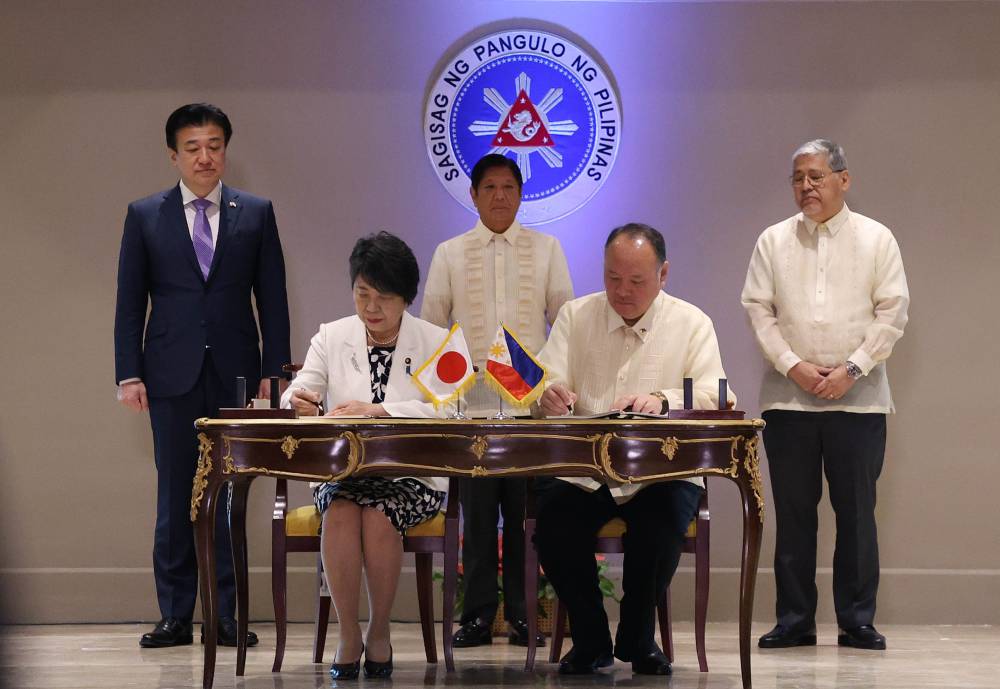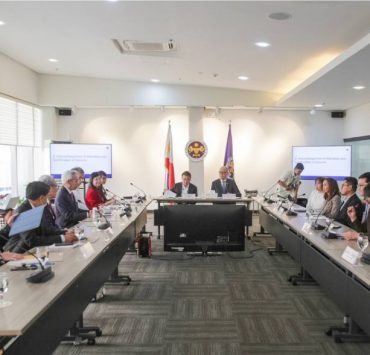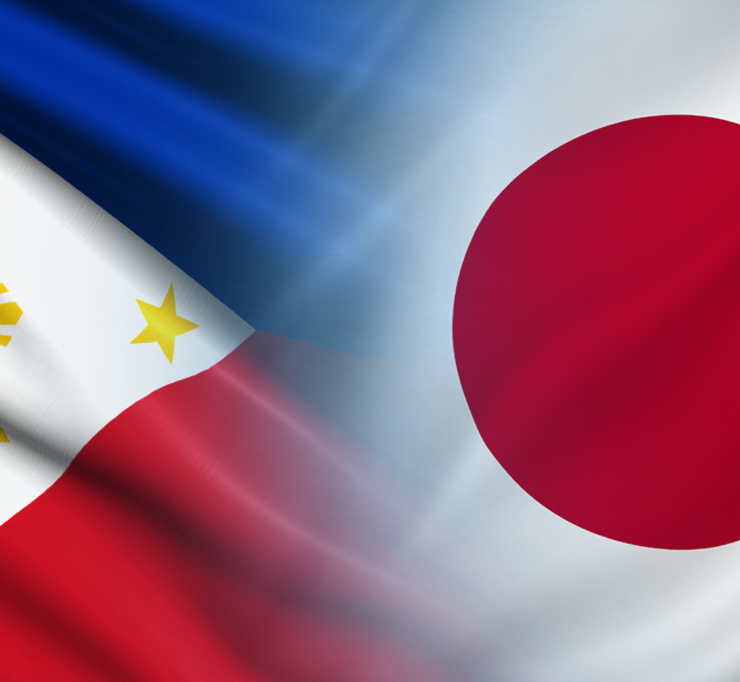Defense chief asks Senate to ratify reciprocal access agreement between PH and Japan

The Reciprocal Access Agreement (RAA) between the Philippines and Japan is not a military basing deal, Defense Secretary Gilbert Teodoro clarified on Monday.
“Article 4 states clearly that it is not a military basing agreement which is prohibited under our laws,” Teodoro told the Senate committee on foreign relations during a hearing on Monday.
Both countries’ defense forces signed the RAA in July to establish the legal framework for sending troops to each other’s territory for joint training.
The agreement will take effect once it is ratified by the Philippine Senate and Japanese Parliament.
“It is hoped by this humble resource person that the honorable Senate shall extend, shall ratify the agreement, in the soonest possible time so that the mechanisms under the same may be drawn up, subject to the guidance and oversight naturally of the Visiting Forces Agreement and the Senate,” said Teodoro in his opening statement.
Once the agreement gets the concurrence of the Senate, it would then pave the way for joint military exercises, he said.
With the absence of the RAA, the Philippines has only so far conducted maritime cooperative activity (MCA) with Japan. He added that these MCAs are conducted outside the land territory and territorial waters of the Philippines.
“If at all, they are conducted in areas where there is right of passage,” the defense chief added.
Senators will soon begin discussions aimed at ratifying the RAA between the Philippines and Japan after it was endorsed to the plenary, according to Sen. Imee Marcos, chair of the committee on foreign relations.
“In principle, it was endorsed into the plenary. So we’re trying to iron out issues about jurisdiction and the privileges to be extended to the Japanese visiting forces as well as the civilian component, so let’s see,” she said.
“We clarified that since we do not have a mutual defense treaty (with Japan), this (RAA) will not result in another executive agreement all of a sudden,” she added.
Strategic partnership
Teodoro views the agreement as part of the strategic partnership with Japan and as a logical conclusion to the development of interoperability between the Japan Self-Defense Force and the Philippine Armed Forces. This is “pursuant to mutual training, exchange of technologies and other enhancement activities which are of benefit to both parties,” he said.
He also noted that Japan is also a supplier of domain awareness capabilities to the Philippines and a major contributor to humanitarian assistance and disaster response.
“Therefore it was deemed proper that defense and security cooperation and a reciprocal access agreement be entered into so that our personnel can train side by side and exercise scenario side by side,” he said.
Teodoro said the RAA has a total of 29 articles, which “contains a distinct article on respect for laws and regulations of the receiving state and none of the articles in the RAA shall be construed to mean an amendment of any domestic law or much less a constitutional provision.”
“Article 20 is a new article which was insisted on by the Philippine side and acceded to by Japan which mandates environmental protection and respect for cultural and Indigenous peoples’ rights,” he said, adding that Article 21 includes the command and control and disposition of criminal and disciplinary cases.
Teodoro mentioned that the RAA is similar to the agreements Japan had with Australia and the United Kingdom.





















